On Monday, Tony Blair addressed a military think tank in London and stated that the West should continue to intervene in countries under threat from Islamist extremism. According to the former PM, who led Britain as it joined the American invasions of Iraq and Afghanistan, an isolationist policy would serve no purpose because:
Islamism, both the ideology and the violence, is a first-order security threat and, unchecked, it will come to us even if centred far from us… Its defeat will come ultimately through confronting both the violence and the ideology, by a combination of hard and soft power.
His declaration was along the lines of the one he made in October 2015 at the 9/11 Memorial Museum in New York City. Then Blair said that the West would be unable to vanquish Islamist terrorism if it doesn’t first intervene to eradicate the ideology. ‘The reality is that in parts of the Muslim community a discourse has grown up which is profoundly hostile to peaceful co-existence,’ he warned. ‘Countering this is an essential part of fighting extremism.’
They were bold words, not too dissimilar from Emmanuel Macron’s statement last year after the brutal killing of the French schoolteacher Samuel Paty. But on that occasion, there was fury across the Muslim world, with threats made against Macron and his people. None of France’s allies in Europe and North America rallied to Macron’s side, evidence that the West has neither confronted nor countered Islamist extremism in the years since Blair gave his address in the 9/11 Memorial Museum.
On the contrary, the West is withdrawing from the ideological fray. Witness the way a Yorkshire schoolteacher was abandoned by politicians and teaching unions earlier this year after he dared show a picture of the Prophet Mohammed during a discussion about freedom of expression. Theresa May’s promise to have some ’embarrassing conversations’ after the London Bridge terror attack in 2017 is just one of many empty pledges made by western leaders in the last decade.
This insidious capitulation to Islamist ideology is attributable largely to the spread throughout western society of another strain of extremism: one that promotes diversity above all else and sees any criticism of non-western thinking as racist by definition. This ideology, as intolerant and vengeful as Islamism, also seeks to bring down western civilisation. Consequently, many of its adherents appease and excuse the West’s enemies.
Who could have imagined just a few years ago that in 2021 the Canadian minister for women and gender equality would call the Taliban her ‘brothers’? A curious choice of word to describe men who execute pregnant Afghan policewomen in front of their families.
Unequivocally condemning Islamist extremism is, to use the mot du jour, ‘problematic’ for some western politicians. Perish the thought they might be told to check their white privilege.
Where once the West had values that it was prepared to defend to the hilt, now there is only cowardice. So when a by-election is held in the town from which that Yorkshire schoolteacher was hounded, the candidates avoid discussing his plight; when a teenage girl in France was forced into hiding for criticising Islam, the justice minister scolded her for using words that were ‘clearly an infringement on freedom of conscience’. And when a teacher was decapitated outside a French school for showing his pupils a picture of the Prophet, the Prime Minister of Canada lamented his death but in the same breath declared that ‘freedom of expression is not unlimited… in a respectful society such as ours, everyone must be aware of the impact of our words’.
The bitter truth is that while western nations were busy intervening in Afghanistan they were indifferent to the spread of Islamism within their own countries. An alarming number of intellects have been atrophied by this new ideology of authoritarian diversity — to the point where they are unable to distinguish between unacceptable anti-Muslim sentiment and legitimate criticism of Islamist ideology. As a result, extremism flourishes. It should not be a surprise when a British survey finds that half of Muslims polled thought homosexuality should be illegal and a French survey reports that 57 per cent of young Muslims consider the laws of Sharia more important than those of the Republic.
A few months after the invasion of Afghanistan a book was published in France called The Lost Territories of the Republic. Its editor was ostracised by the intelligentsia for his grim depiction of the parallel society that was growing within France. But from these closed-off communities emerged Islamist extremists such as Mohammed Merah, the Kouachi brothers and the Bataclan killers.
In the wake of the London bombings of 2005, an angry Tony Blair promised the nation that ‘the rules of the game are changing’. No longer would he allow the country’s reputation for tolerance to be ‘abused by a small fanatical minority’. But the rules of the game didn’t change and, as I wrote last week, in recent years Islamists have exploited the complacency of the British state to commit a series of bloody attacks in London and Manchester. Nearly all the perpetrators, like those involved in the 2005 atrocity, didn’t, in the words of Blair, ‘come to us’. They were already here. They were born and bred Britons, just as most of France’s Islamist extremists are homegrown.
If the West is serious about defeating Islamist extremism, the focus should not be overseas but at home, intervening in the suburbs of Brussels, Barcelona, Paris and London. That’s where the terrorists come from, as does their ideology, propagated in mosques and coffee shops and on social media.
This war will be won only if the West rediscovers its moral courage and its faith in its inherent goodness. But don’t hold your breath. Our politicians are weak and feeble and the greatest fear of most presidents and prime ministers isn’t the threat of Islamist extremism but the thought someone might call them Islamophobic.
<//>
Got something to add? Join the discussion and comment below.
Get 10 issues for just $10
Subscribe to The Spectator Australia today for the next 10 magazine issues, plus full online access, for just $10.



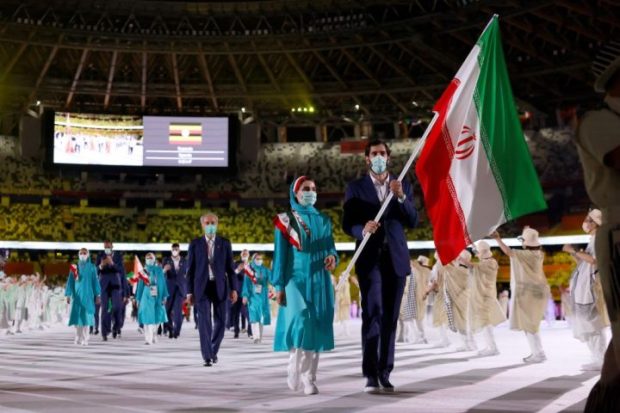
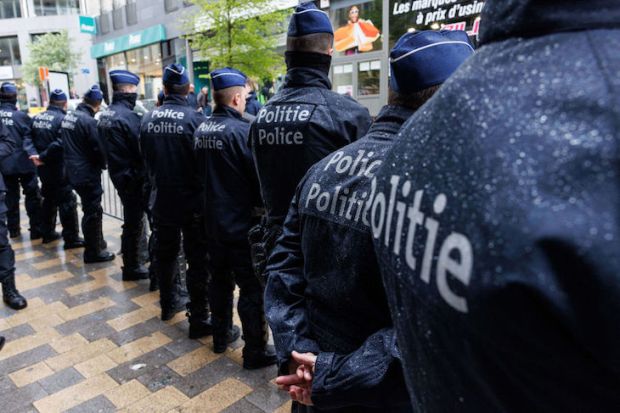
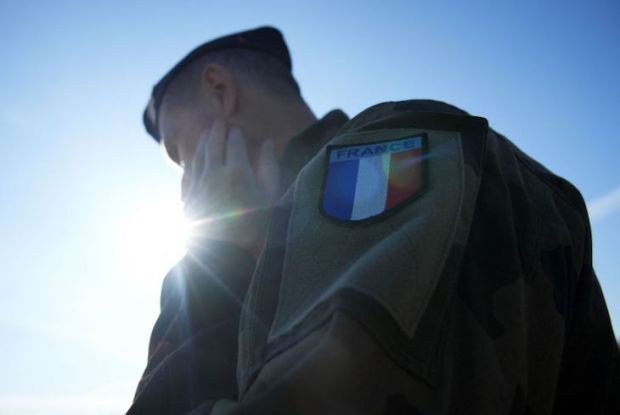
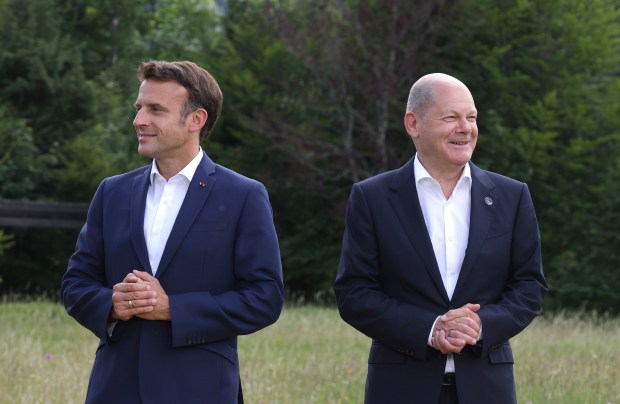
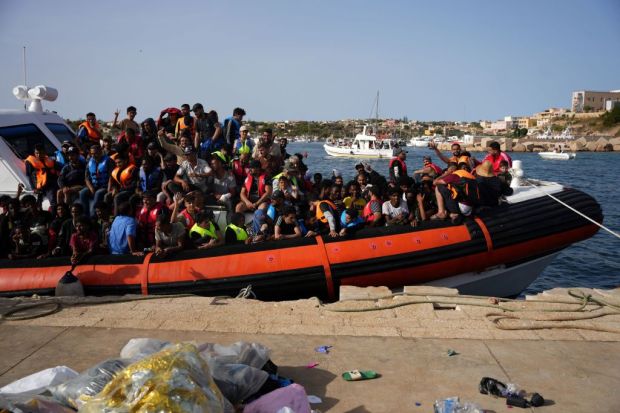












Comments
Don't miss out
Join the conversation with other Spectator Australia readers. Subscribe to leave a comment.
SUBSCRIBEAlready a subscriber? Log in